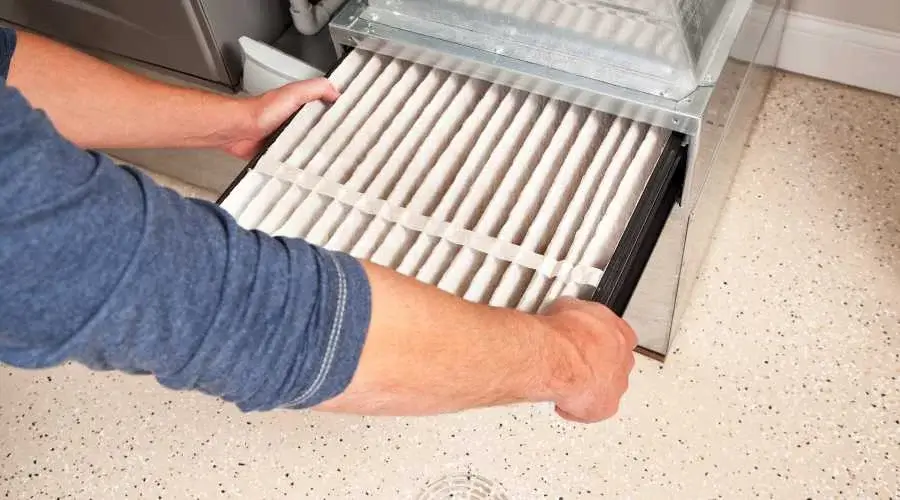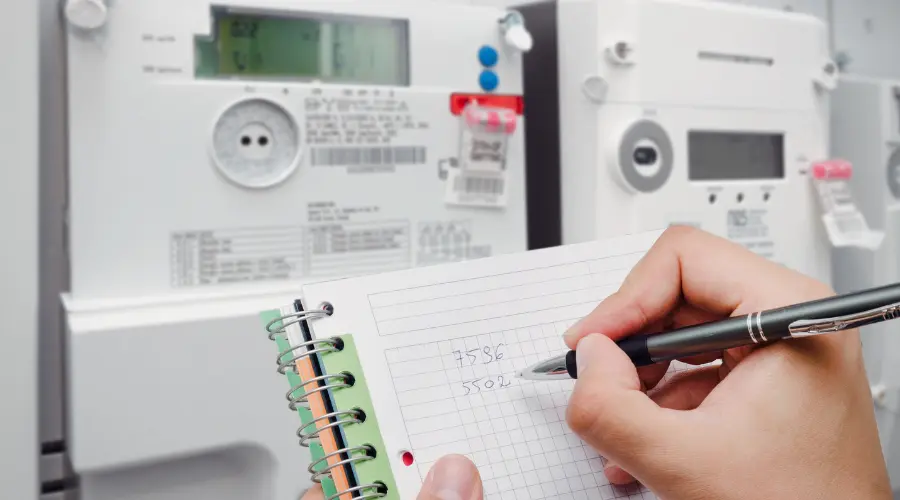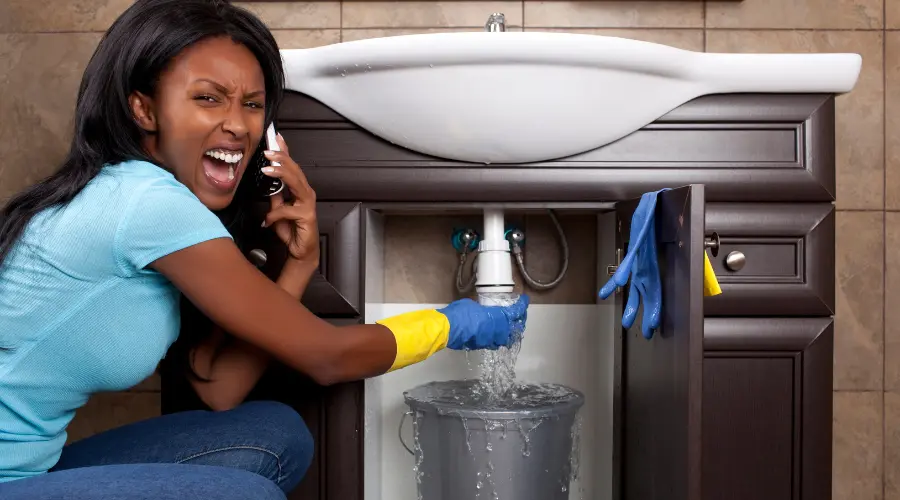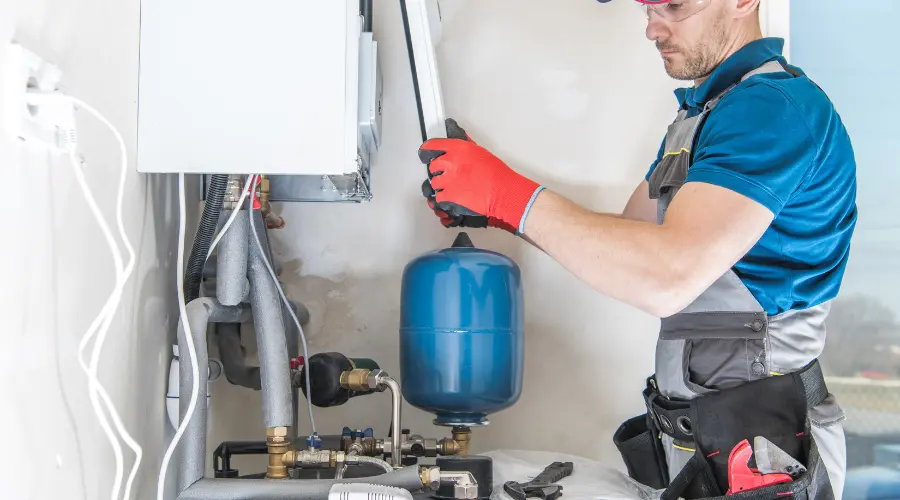The majority of floor drains may need to be discovered. A garage, laundry room, and commercial kitchen may also include floor drains along with public toilets and showers. They are an important but sometimes disregarded part of public sanitation. Commercial floor drains efficiently direct spills from rain, bathrooms, kitchens, batteries, and other similar fixtures into sewers or open storm drains. As a result, the floor stays dry and pristine, and flooding in the rooms is avoided.
Commercial floor drains still need maintenance to function correctly. A dried-out drain may smell awful, and a blocked drain won’t operate correctly and cause more filth. Drain maintenance is required to keep the drains at your business operating at peak efficiency.
5 Tips for Commercial Floor Drain Maintenance
1. Soapy Water Does Wonders
Frequently, all you need to maintain your industrial floor drains is a bucket of soapy water. Commercial floor drains may get dry if the flooring next to the plugged drain is not frequently cleaned. Pour five five-gallon buckets of soapy water down the drain to keep it from drying up, and look for clogs.
Doing so lets you stop the drain from drying out and see whether a blockage is developing. Water that drains slowly can indicate the need for a drain cleanout.
2. Avoid Dried Up Commercial Floor Drains
As previously said, you must be cautious to avoid dry drains at your business. Your sewer system includes your floor drains. They aid in the passage of gas waste and overflow into the central sewage system. P-trap pipes in a U-shape are used in commercial floor drains as walls, confining sewage odors and preventing them from rising from the drain. The poisons may emit unwanted odors because the water trap has dried up. As previously stated, this may be prevented by cleaning the drain traps regularly using a bucket of soapy water. Water should be used to remove any unpleasant odors.
3. Refrain from clogging your commercial floor drains.
When the material is purposely swept into drains, it is conceivable that it may get blocked by mistake. This may also assist with food waste in a commercial kitchen. Commercial floor drains are more prone to clogging since they are located on the floor where considerable volumes of debris and filth may accumulate. Your maintenance staff may be tempted to sweep all of this dirt down the drains on purpose, but doing so may cause all of this debris to gather within, resulting in a blocked drain or maybe a worse issue. Do not, therefore, sweep garbage, food, or other material into your company’s floor drains!
4. Don’t Ignore Stock Room Drains
Drain cleaning should be considered, even in storage rooms or other generally inactive places. Commercial drain cleaning is still essential! They may dry up, enabling trash and garbage to fill them and stop your sewage line. Clogs are difficult and costly to repair but simple to prevent.
Even idle stock rooms should be cleansed once every few weeks, if not once a month, to keep these drains dry and in excellent shape.
5. Schedule Regular Floor Drain Cleaning
The most successful technique is preventative care, Avert potentially unpleasant and expensive problems. Cleaning your company drains regularly is the most effective technique for maintaining floor drains. If you mark your calendar at the end or beginning of each month to clear your drains, it will be simpler to remember preventative floor drain maintenance care, and you may limit the risk of blockages and other troubles.
Keeping your commercial drains in excellent shape allows them to function as efficiently as possible. A floor drain blocked with trash and dirt is rendered unusable. A floor drain maintenance program guarantees that your drains are in good working order, in excellent working condition, and do not become an issue.
Do You Know How To Unclog A Floor Drain? Make Contact with the Experts
Use soapy water and a drain snake or auger to break up impediments in basic drain repair. Specific barriers, however, need the assistance of a specialist. Consider getting your business floor drain pipes inspected by a professional at least once a year.
A qualified plumber can detect warning indicators of drain performance problems, such as potentially significant clogs or leaks, far more accurately than the ordinary homeowner. Based on the metal you use and the type of pipes, we can advise you on the best way to service your business drains. Stainless steel, ductile iron, cast iron, nickel, bronze, and plastic are common metals and materials used in commercial drains. Each will have its own set of requirements.
This might assist business enterprises in avoiding pipe and plumbing concerns. While there are many things you can do to keep your floor drains and drain pipes in excellent working order, having a certified plumber come by once a year may be beneficial to your house. Contact West New York Plumbing and Heating if you need assistance with a challenging blockage, business floor drain installation, or a professional examination of your floor drain pipes.




